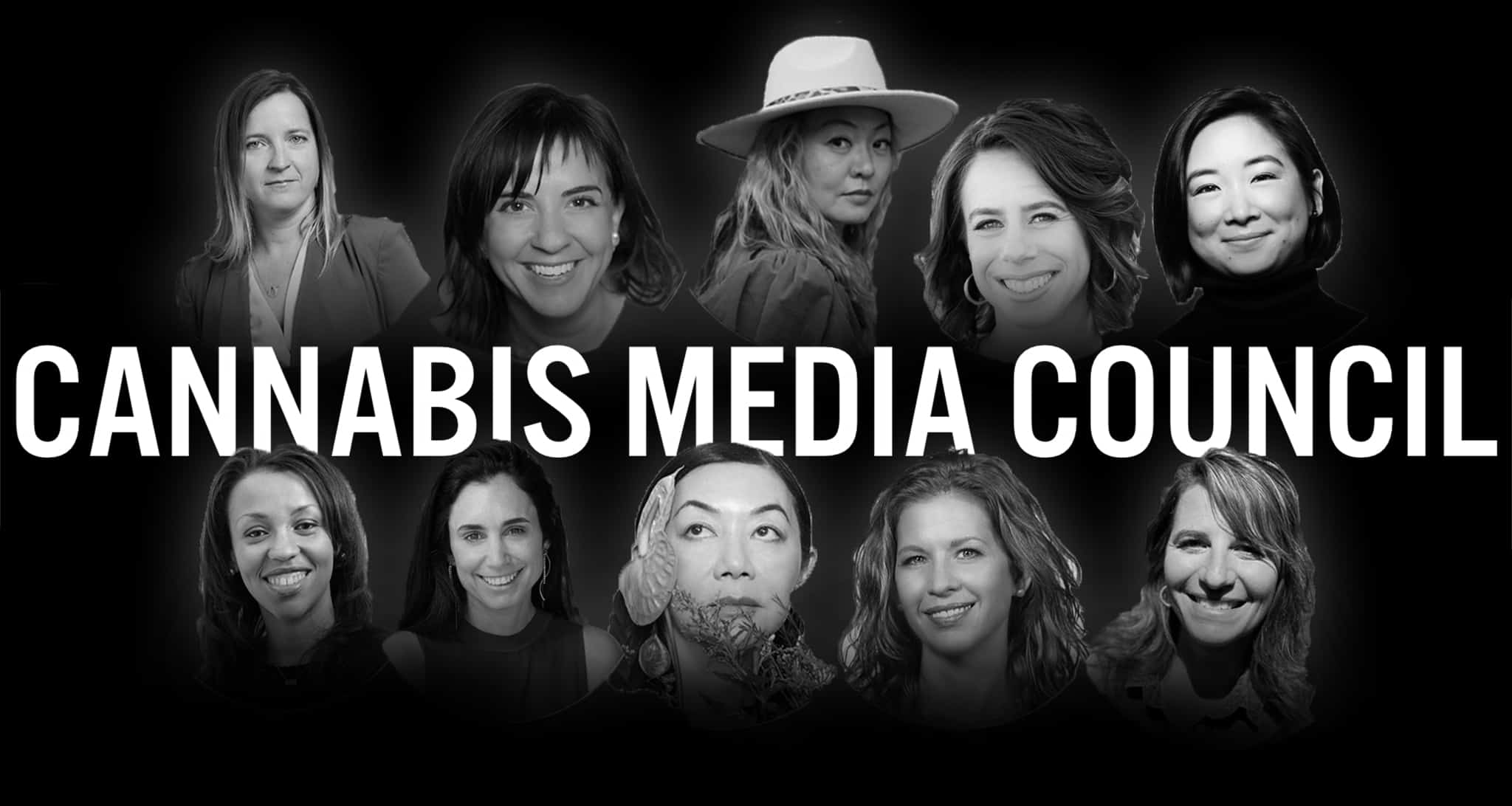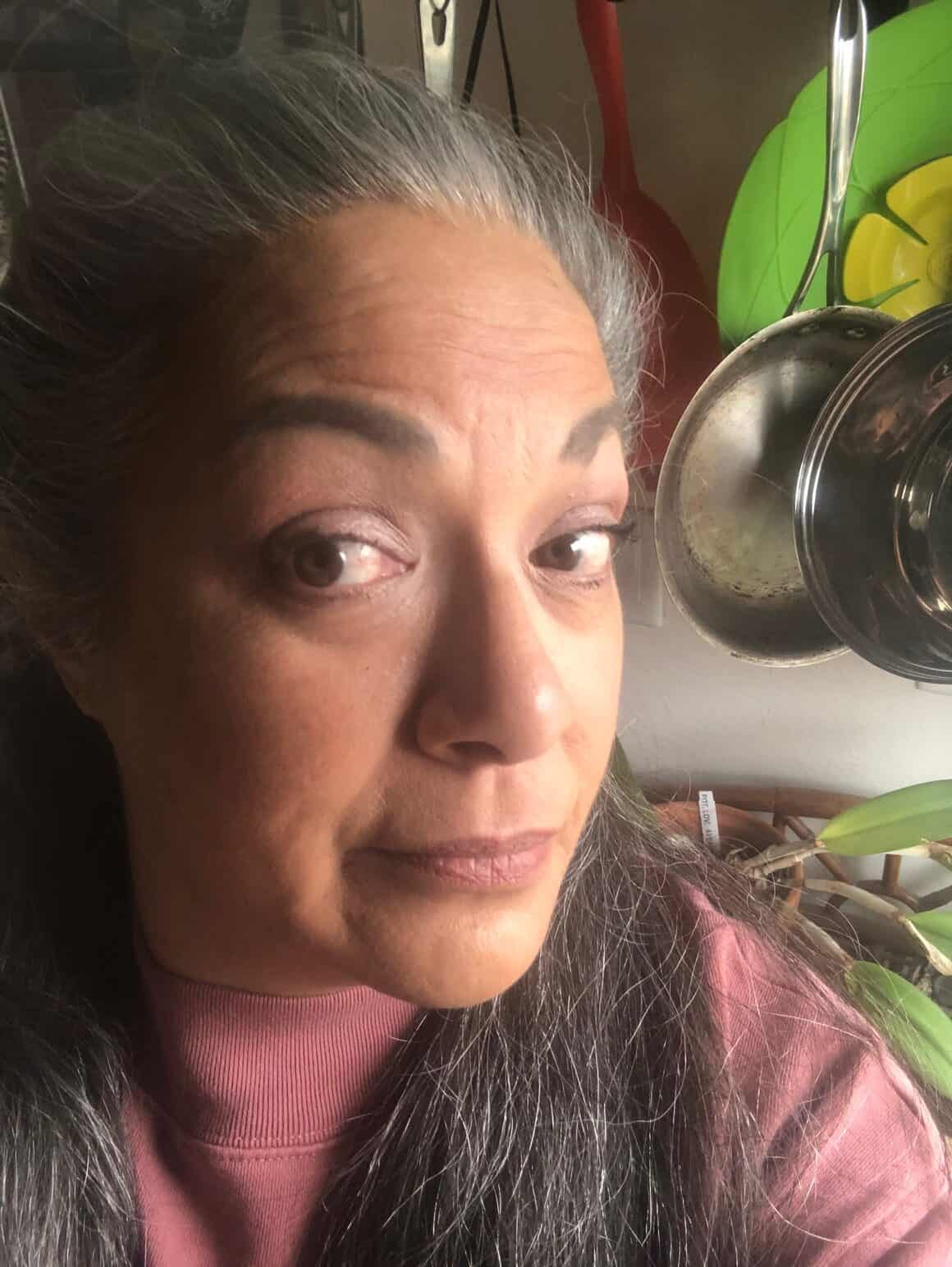The public perception of cannabis consumption has changed a lot since “marijuana” was first put on the list of Schedule I drugs by the Nixon Administration, back in the swinging 1970s. Annie Davis just wants you to know a lot more has to change about the way cannabis and cannabis consumers are portrayed, and that will require the conversation to be re-directed away from decades-old “War on Drugs” propaganda.
“Use my parents as an example,” Davis posited. “They’ve always been decidedly anti-drug, anti-smoking. They don’t drink alcohol. But they live in a suburb of Boston, Massachusetts, where cannabis has been legal for several years. And now, as my parents commute to work, they see billboards for cannabis brands and dispensaries, left and right. My father’s law firm – a traditional long-standing South Boston law firm now has a cannabis practice and his daughter works in the industry.”
“So, you know, their perceptions of cannabis have been shifting and I think that’s the case for millions of Americans, which is precisely the reason that a media campaign, at this point in the industry’s development, can be so impactful. Not only is it going to help grow the market for cannabis consumers but will also help shift perception for policymakers and for some of those that maybe resistant to further strides toward legalization,” she continued.
Davis also wants you to know that she’s not the only one thinking that way. The Clio Award-winning business strategist is a founding board member for the Cannabis Media Council, a new industry think tank and media council dedicated to updating the public image of cannabis and promoting fresh narratives.
CMC’s roster of board members is a Who’s Who of industry veterans, including Rachel Boykins (MXXN, Good Tree Capital, PharmaCann), Ophelia Chong (Asian Americans for Cannabis Education), Allison Disney (Receptor Brands), Stephanie Honig (Napa Valley Cannabis Association), Dale Sky Jones (Oaksterdam University) and Carm Lyman (The Lyman Agency). Co-founders Joyce Cenali (Big Rock Partners, Sonoma Hills Farms) and Amy Deneson (Pheno Ad Agency, Curaleaf) lead the effort, alongside CMC President Lulu Tsui (On the Revel, Root Sciences). The female-forward organization packs a lot of industry clout and, Davis points out, vast amounts of industry experience that informs the new messaging and ideas.
“Our first campaign is launching next quarter,” she said. “We’re giving a sneak peek at the Clio Cannabis Awards during MJ Unpacked this month.
“While I can’t share specifics at this time, all Cannabis Media Council campaigns and messaging will support the key idea that it’s okay that we’ve gotten some things wrong about cannabis in the past – but now is the time to get it right,” she explained. “Our goal is to take responsible consumption of this plant in many different use cases for consumers, as well as to show different demographics and different profiles of cannabis consumers – kind of begin to challenge that stoner legacy and the stoner reputation, to show working professionals or your grandparents or someone who is quite productive in very many areas of their lives.
“Most of us in this industry, you know, we work extremely hard and actually, many of us are consumers ourselves. So, that’s where we see an opportunity with a media council to really shift the brand of cannabis. Overall, by shedding a light and getting greater light on these stories of positive and responsible consumption,” she said.
A Harvard Business School graduate, Davis and her husband moved to San Francisco in 2007, lured by the California lifestyle. Over 15 plus years of building brands, she’s worked in numerous mainstream industries, including renewable energy and natural products.
In 2015, Davis gave birth to her first child and cannabis took on new, more personal significance as she suffered the effects of hormonal imbalances. A recreational user prior to pregnancy, the medicinal benefits of cannabis came into focus when she found relief from postpartum anxiety and insomnia. She’s added the title #CannaMom to her accomplishments and advocates for women who consume cannabis to enhance mental wellness and quality of life for themselves and their families.
“At its core, cannabis is a wellness product, even when adult consumers use it recreationally. I actually dislike the term ‘recreational.’ I think it’s a misnomer because all consumers are using cannabis to enhance their lives and to help them feel better. It may not be for a specific medical reason, but if they [consume cannabis to] kick back and relax or to overcome social anxiety, they use cannabis to otherwise be able to better function in the world,” Davis said.
After transitioning into the cannabis industry full-time, she has worked with brands including Garden Society, CannaCraft, Flow Kana and Care By Design. Her consultant business Growing Impact counts companies like Cresco Labs, Humble & Fume, Project CBD, Rebel Spirit and Loos as clients. Davis also serves as a fund advisor to West Creek Investments and Receptive Capital and advises cannabis start-ups on strategies for funding and acquiring capital.
Her passion for doing business also extends into advocacy for “environmental, social and governance,” or ESG standards and practices. Davis feels that the emergent cannabis industry is uniquely positioned to put ESG-based policies into place, which will create opportunities for equity, diversity, and sustainability. She also advocates for the more than 40,000 individuals incarcerated for cannabis offenses and envisions a business culture where marginalized populations like former prisoners, POC and LGBTQ communities, women, and small legacy operators can profit from an industry that, in many instances, they helped to establish before cannabis was legal.
“I think diversity is important because having diversity of thought and experiences challenges stereotypes and preconceived notions. I think that we have an opportunity to not just meet basic thresholds of diversity, but cannabis could be the most diverse industry in the country. There’s an opportunity for that because we’re building [the industry] now,” Davis pointed out.
Like everyone else in the industry, she’s frustrated by more than fifty years of continued federal prohibition, which makes it difficult for any type of mass media cannabis campaign to gain exposure or traction. Prohibition, more importantly, also makes it difficult to obtain critical investment capital and funding.
“I’m more frustrated for purposes of access to capital because accessing capital in our industry is extremely limited. Most institutional lenders, institutional banks will not do business with cannabis companies. A lot of investors still are hesitant to invest in cannabis because of its federal status, and that lack of capital is constraining for growth,” she explained. “Especially for small businesses in this industry and especially for the kind of capital that people of color or first-time entrepreneurs need to start up their businesses in our industry.
“The community that probably stands to benefit the most from federal decriminalization are those that are still incarcerated or those who have been impacted by the justice system. And these people can’t wait any longer for these opportunities,” Davis said further. “ It’s our hope that through our campaigns, we begin shifting hearts and minds.”
The timing of the CMC’s first campaign seems, well, very timely – they’re preparing to launch at a time when the world is ready for new ideas, in general. In August, researchers at Cambridge University and King’s Colleg London challenged popular stereotypes with a study in the peer reviewed International Journal of Neuropsychopharmacology. Study results showed that adolescent and adult cannabis consumers were no more apathetic or lacking in motivation than their peers.
“We’re so used to seeing ‘lazy stoners’ on our screens that we don’t stop to ask whether they’re an accurate representation of cannabis users. Our work implies that this is in itself a lazy stereotype, and that people who use cannabis are no more likely to lack motivation or be lazier than people who don’t,” study author and PhD candidate Martine Skumien told the Cambridge University blog.
Leaders at CMC could not agree more—their new initiative is designed to deconstruct these stereotypes and create accurate, updated representations of cannabis consumers. This will be no small feat.
“CMC aims to go wide on a broad array of media platforms – much like the ‘Got Milk?’ campaign by the Ad Council, this will be a focused digital, print and broadcast campaign that will grow over time. Other platforms are also on the table,” Davis said.
“Today, opportunities to shine a light on the positives and power of the cannabis plant are few, as the existing advertising network is limited. We aim to drive larger media inventory through connecting with publishers and educating on the opportunity to evolve their media and associated ad inventory. One such partner is Hearst, who has signed on as the council’s first publishing partner, including opening their extensive audience networks and innovative storytelling via their full-service advertising and marketing agency 46 Mile, and donating inventory to launch the first campaign planned in the fall.”
Cambridge study authors, albeit unknowingly, seem aligned with CMC’s intended mission to change the way the world views cannabis consumption and culture.
“Unfair assumptions can be stigmatizing and could get in the way of messages around harm reduction. We need to be honest and frank about what are and are not the harmful consequences of drug use,” study co-author Skumien summarized.





